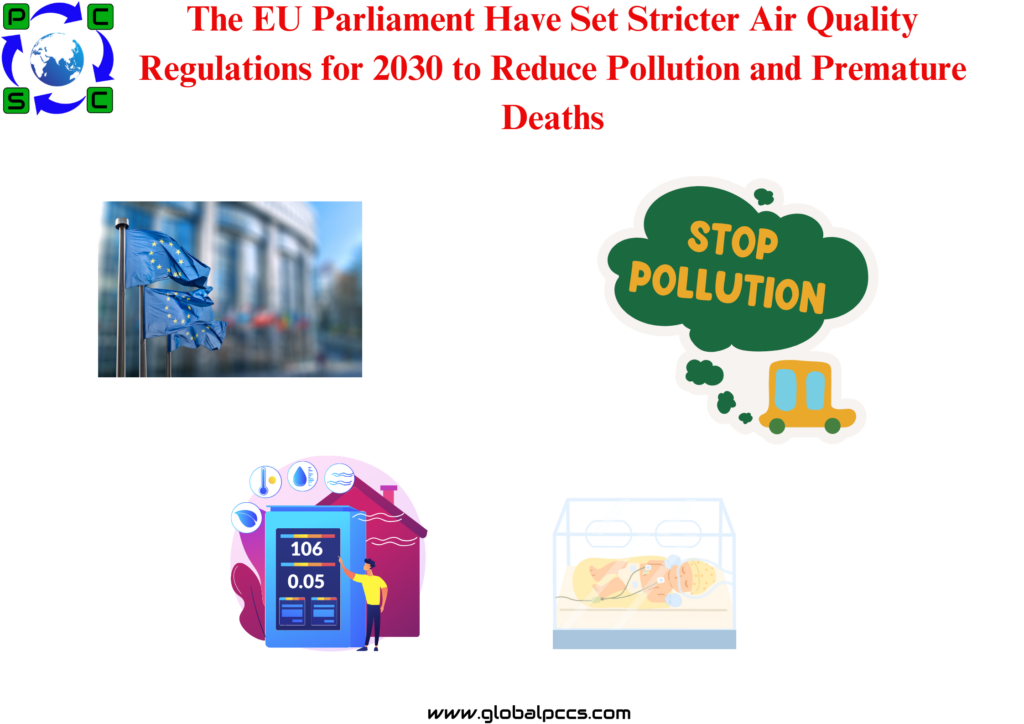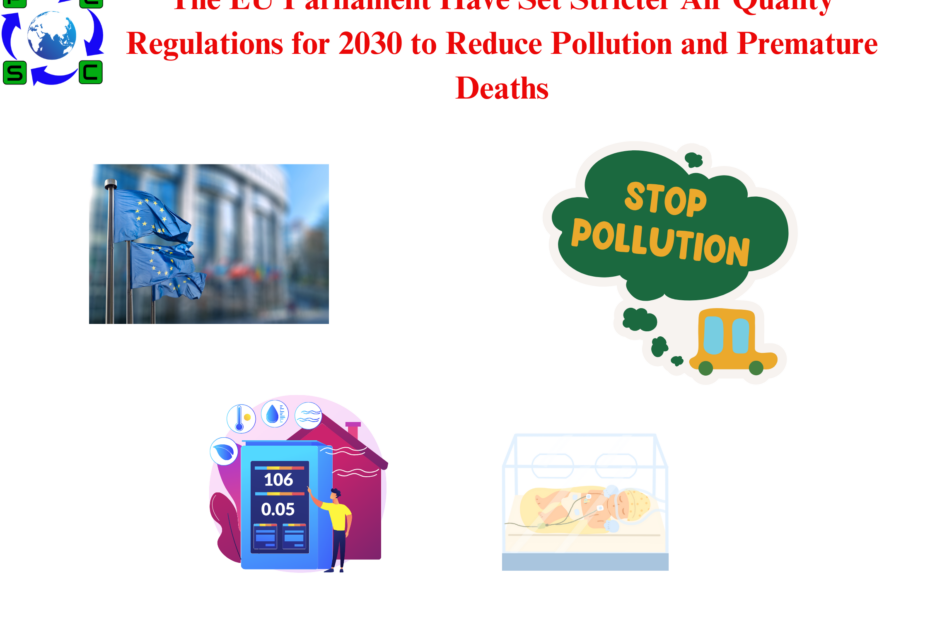
- Stricter limits by 2030 for a number of air pollutants.
- All member states should have equivalent air quality indicators.
- Citizens’ rights to compensation and access to justice.
- In the EU, air pollution causes over 300,000 premature deaths annually.
The goal of the amended law is to attain the EU’s zero air pollution objective by 2050 and to lower air pollution in the EU for the benefit of citizens’ clean and healthy environments.
With 381 votes in favor, 225 against, and 17 abstentions, the Parliament approved a temporary political agreement with EU nations on additional measures to improve air quality in the EU so that it is no longer hazardous to human health, natural ecosystems, and biodiversity.
Stricter 2030 limitations and target values are established under the new regulations for pollutants that have a serious negative influence on human health, such as nitrogen dioxide (NO2), sulphur dioxide (SO2), and particle matter (PM2.5, PM10). If certain requirements are satisfied, member states have the option to ask for a ten-year extension of the 2030 deadline.
Those impacted by air pollution will be allowed to file a lawsuit if the new national regulations are broken, and if their health has been harmed, individuals may be entitled to compensation.
The presently dispersed EU air quality indices will become standardized, transparent, and accessible to the public, and more city-based air quality measurement stations will be established








 Authorised IMDS & CDX Training & Consulting partner for
Authorised IMDS & CDX Training & Consulting partner for






